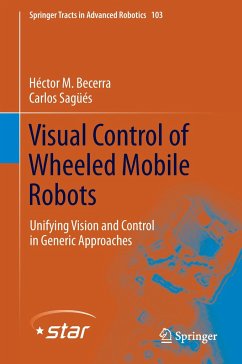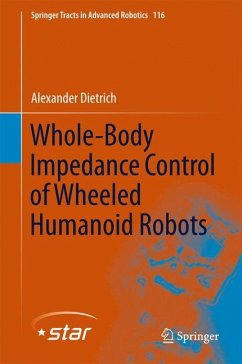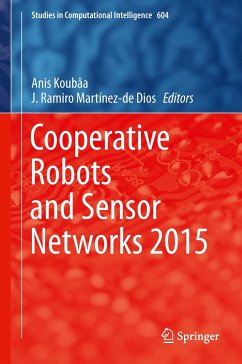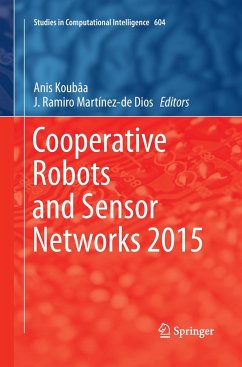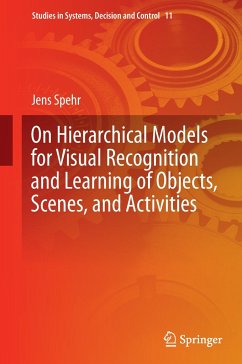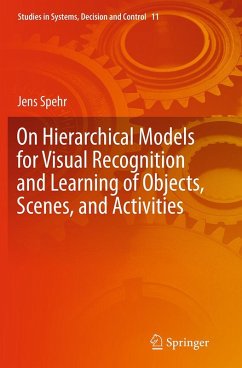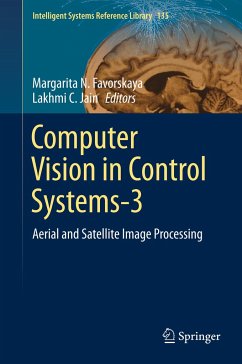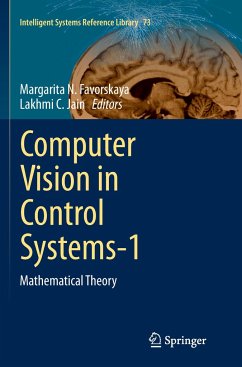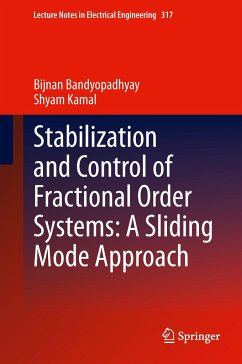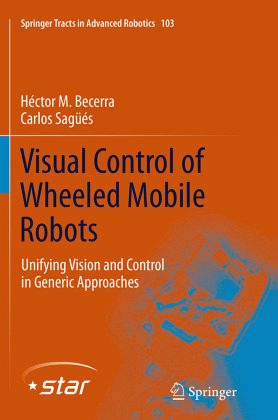
Visual Control of Wheeled Mobile Robots
Unifying Vision and Control in Generic Approaches
Versandkostenfrei!
Versandfertig in 6-10 Tagen
77,99 €
inkl. MwSt.

PAYBACK Punkte
39 °P sammeln!
Vision-based control of wheeled mobile robots is an interesting field of research from a scientific and even social point of view due to its potential applicability. This book presents a formal treatment of some aspects of control theory applied to the problem of vision-based pose regulation of wheeled mobile robots. In this problem, the robot has to reach a desired position and orientation, which are specified by a target image. It is faced in such a way that vision and control are unified to achieve stability of the closed loop, a large region of convergence, without local minima and good ro...
Vision-based control of wheeled mobile robots is an interesting field of research from a scientific and even social point of view due to its potential applicability. This book presents a formal treatment of some aspects of control theory applied to the problem of vision-based pose regulation of wheeled mobile robots. In this problem, the robot has to reach a desired position and orientation, which are specified by a target image. It is faced in such a way that vision and control are unified to achieve stability of the closed loop, a large region of convergence, without local minima and good robustness against parametric uncertainty. Three different control schemes that rely on monocular vision as unique sensor are presented and evaluated experimentally. A common benefit of these approaches is that they are valid for imaging systems obeying approximately a central projection model, e.g., conventional cameras, catadioptric systems and some fisheye cameras. Thus, the presented control schemes are generic approaches. A minimum set of visual measurements, integrated in adequate task functions, are taken from a geometric constraint imposed between corresponding image features. Particularly, the epipolar geometry and the trifocal tensor are exploited since they can be used for generic scenes. A detailed experimental evaluation is presented for each control scheme.



